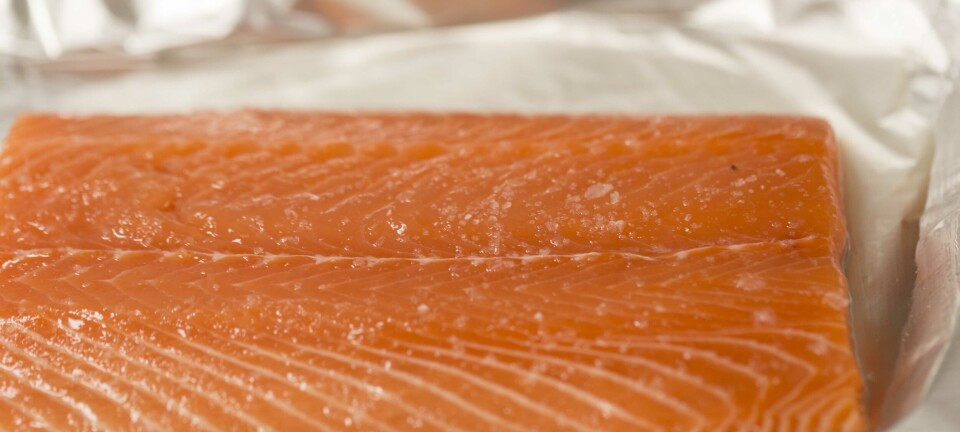
Salmon sector opponents get second chance to block labelling change
Anti-salmon farming groups Animal Equality and WildFish have been handed a second chance to persuade a tribunal to block the Scottish salmon farming industry dropping the word “farmed” from its Protected Geographical Indication (PGI).
The groups first appealed against the decision by the UK government’s Department for Environment, Food and Rural Affairs (Defra) to let farmers label their fish as Scottish salmon instead of Scottish farmed salmon, last year.
Their appeal was dismissed by the Chamber President of the First-tier Tribunal, General Regulatory Chamber on the basis that the name change was not likely to mislead the consumer as to the product’s “true origin” because “true origin” only referred to “geographical origin” i.e. the fact the product came from Scotland.
'True origin'
Animal Equality, which promotes a non-meat diet, and angling pressure group WildFish argued that the term “true origin” should be interpreted purposively and encompasses the fact that the product comes from salmon farms in Scotland rather than the wild.
Barristers’ agency Landmark Chambers reported: “Unusually, the Chamber President has now granted permission to appeal against his own decision to the Upper Tribunal, on an ‘exceptional’ basis, following Animal Equality’s application to appeal.”
Wasting taxpayers' money
A spokesperson for trade body Salmon Scotland said: “We’d expect nothing else from these anti-salmon farming campaign groups who want to make 12,500 Scots unemployed.
“These groups are guilty of wasting thousands of pounds of taxpayers’ money with their never-ending appeals, while Scotland’s salmon farming companies are investing more than a million pounds into vital work to save wild salmon.
“Consumers know Scottish salmon is farm-raised in the cold, pristine waters off the coast of Scotland, demand at home and abroad is rising, and we are confident this latest appeal will be dismissed like all the other ones.”
A Freedom of Information request revealed that the UK government had to spent at least £16,500 to cover the cost of the first appeal, a figure that does not include the cost of civil servants responding to the appeals.
























































